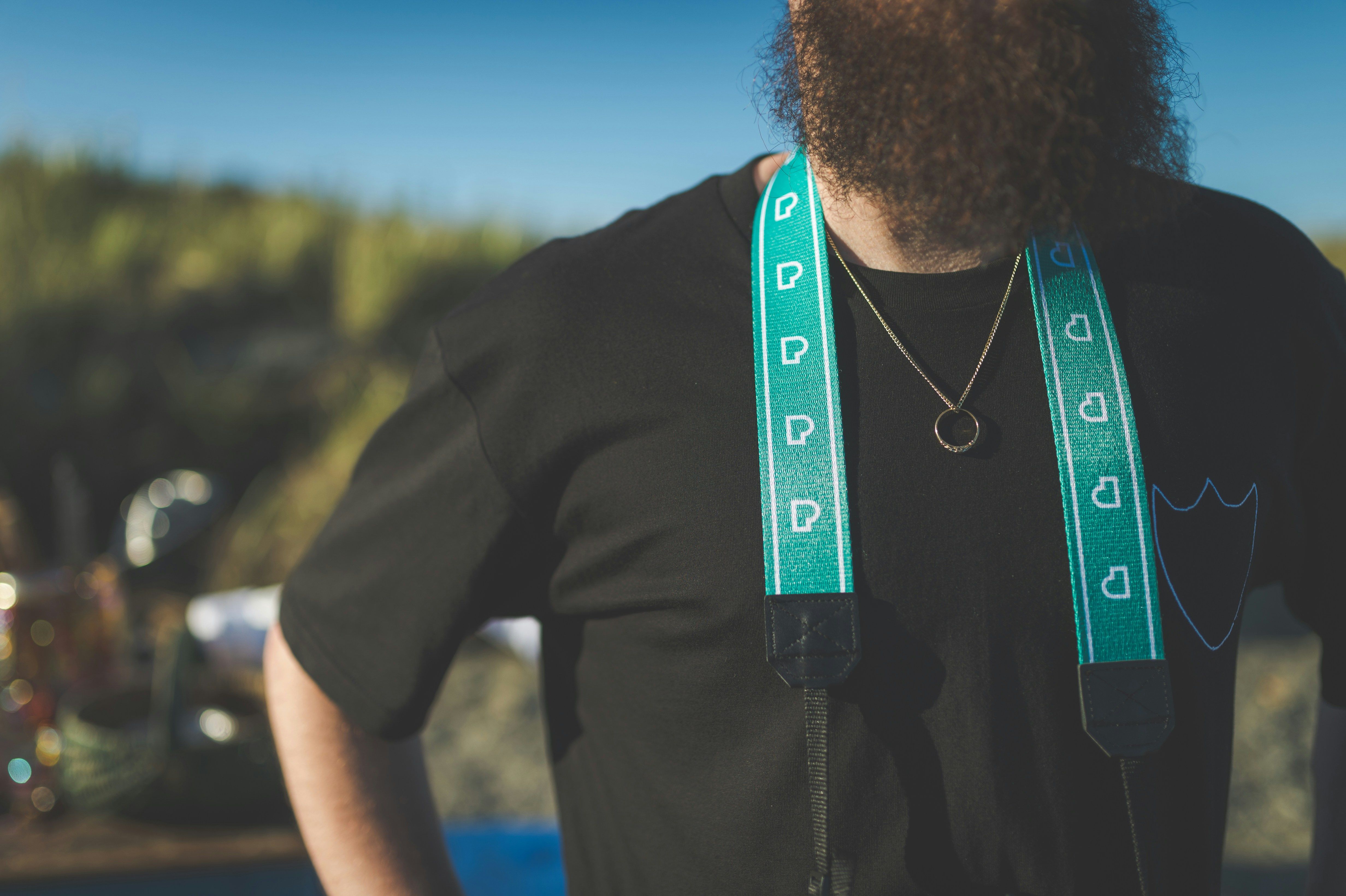Unveiling the German Contenders for the New Pope: Woelki, Müller, and Marx
Germans selecting the upcoming Pontiff
Get ready to cast your eyes on the Sistine Chapel once more as we prepare for the election of a new Pope. Three formidable German cardinals, Reinhard Marx, Rainer Maria Woelki, and Gerhard Ludwig Müller, will play a significant role in this momentous decision.
Soon, a group of 133 cardinals will retreat to the Sistine Chapel, isolated from the outside world, to select their successor to Pope Francis, the leader of approximately 1.4 billion Catholics.
Among the electorate, only three hail from Germany: Reinhard Marx, the Archbishop of Munich and Freising; Rainer Maria Woelki, the Archbishop of Cologne; and Gerhard Ludwig Müller, the Curial Cardinal who resides in Rome as a former Prefect of the Congregation for the Doctrine of the Faith. Despite being dubbed as potential candidates, none of these individuals are currently considered serious contenders for the position.
Reinhard Marx (71)
A powerful orator with a strong opinion, Marx expressed the qualities he believed the new Pope should possess during Francis' funeral: "a fearless, free, and deeply rooted personality in the Gospel." Marx had a more amiable relationship with the late Pope than the other two German cardinals who are qualified to vote-even though they didn't always see eye to eye.
A prominent figure within the Church, Marx served as chairman of the German Bishops' Conference and initiated the Synodal Way. Often counted among the "kingmakers," Marx personally denies this title. Still, he was one of three deputies to the Cardinal Chamberlain Kevin Farrell, responsible for organizing the conclave. Despite his shoulder fracture sustained in early March, he remains active in the Vatican.
Gerhard Ludwig Müller (77)
Having been the most powerful theologian in the universal Church as Prefect of the powerful Congregation for the Doctrine of the Faith, Müller expressed his longing for a change of direction in the Church. As head of this Vatican office, responsible for purity of Catholic doctrine from 2012 to 2017, he criticized Pope Francis' reforms and ultimately was removed by him, a move that deeply hurt Müller.

Müller criticsized Francis' reforms and now hopes for a new course. He advocates for a Pope who will "unite the Church in the revealed truth." Müller's polarizing opinions have led him to criticize the German Bishops' Conference's distancing from the AfD, signing a highly controversial manifesto during the COVID-19 pandemic, praising former US President Donald Trump, and rejecting same-sex marriage, the ordination of women to the priesthood, and the mandatory celibacy of priests.
Rainer Maria Woelki (68)
Woelki will be participating in his second conclave. On issues such as opening the priesthood to women or the blessing of same-sex couples, he maintains conservative, opposing viewpoints. However, in matters of migration, he shared Francis' viewpoint. It is likely that he will vote for a more conservative Church official in the conclave.
With allegations of false testimony under oath and perjury being investigated by the Cologne public prosecutor's office, coupled with Francis' criticism of him for "serious mistakes," particularly in communication, Woelki has found himself in hot water within the Church.
Other German Cardinals Cannot Vote
The Catholic Church currently has 252 cardinals, 135 of whom are under 80 and thus eligible to vote. Despite their cardinal status, three Germans fall into the over-80 category and therefore cannot participate in the conclave: Friedrich Wetter, Walter Brandmüller, and Walter Kasper.
The dynamics of the German cardinals and their possible impact on the upcoming election remain a point of interest. Keep an eye on Marx, Müller, and Woelki as the world anxiously awaits the smoke signals from the Sistine Chapel.
- The European Parliament has expressed its concern over the migration policies of the new Pope, hoping for a leader who will promote a more welcoming and inclusive approach.
- Despite his controversial opinions and ongoing investigations, Rainer Maria Woelki, a cardinal from the European Parliament, may vote for a more conservative Church official in the upcoming papal election.
- Gerhard Ludwig Müller, a notable cardinal from the European Parliament, has criticized Pope Francis' reforms and hopes for a new Pope who will "unite the Church in the revealed truth," a stance that aligns with hardliners in politics and general news.
- The European Parliament has closely followed the dynamics of German cardinals, including Reinhard Marx and Rainer Maria Woelki, as they prepare to cast their votes in the Sistine Chapel, which could significantly influence the direction of migration policies under the new Pope.








